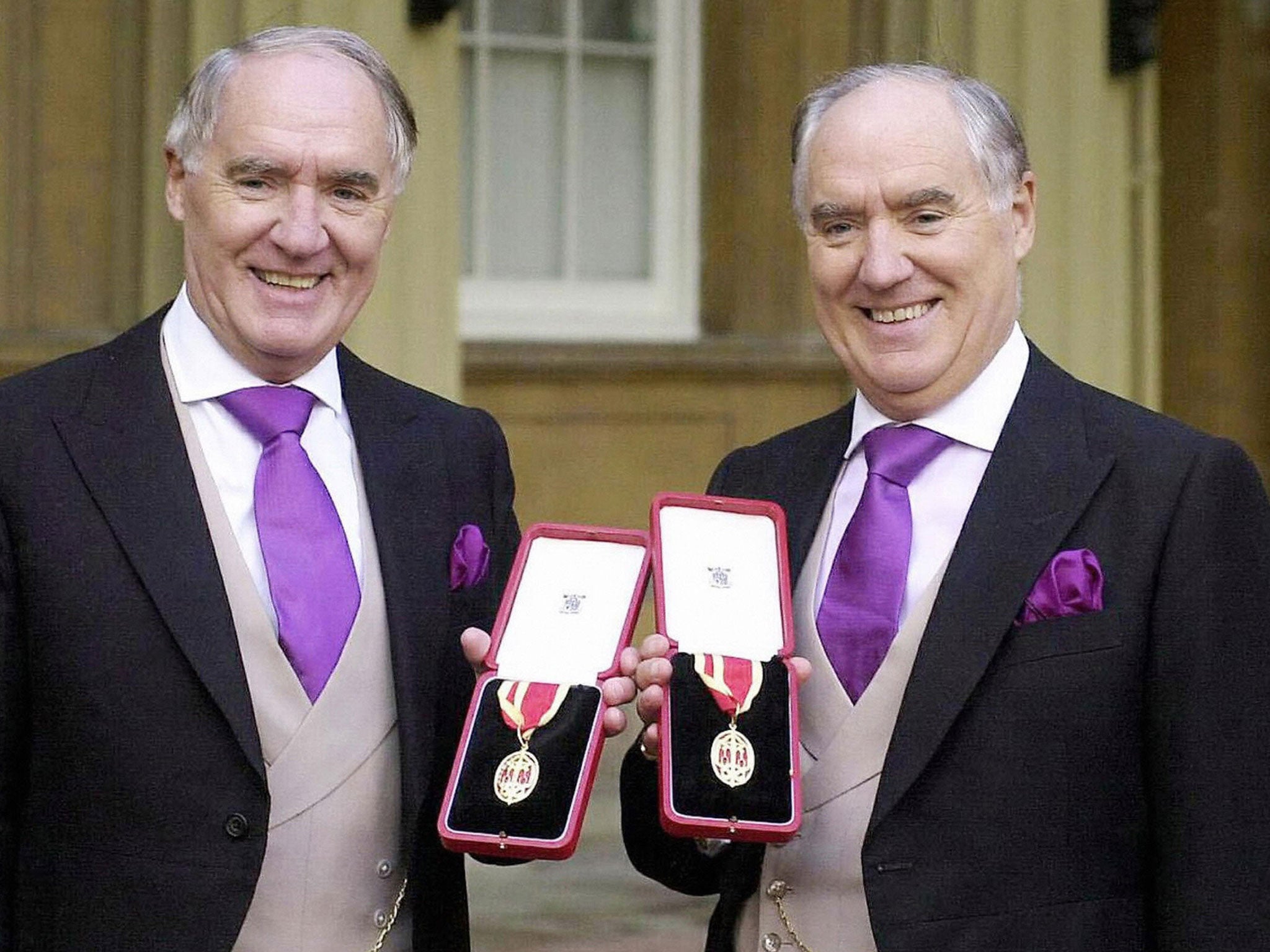The Spectator's combined print and digital sales reach all time high
The impressive figures are a sign that the metered paywall for online content at the Barclays Brothers’ owned title is paying dividends

Combined print and digital sales of The Spectator magazine have reached an all-time high, in a sign that the metered paywall for online content at the Barclays Brothers’ owned title is paying dividends.
The latest ABC figures show that the influential conservative weekly now sells 62,718 copies, of which 55,165 are print and 7,553 are digital only. This takes the magazine above its previous high in 2006, at the end of Boris Johnson’s editorship. UK print subscriptions continue to rise – up six per cent in the past six months – and online readers have grown by 83 per cent in the past year, despite the metered paywall.
Spectator.co.uk registered an average of two million unique users in the first six months of 2015, of which around 300,000 come via social media.
The results will be taken as vindication of the decision by Andrew Neil, Chairman of the Barclays’ Press Holdings group, which owns the Spectator and Telegraph titles, to introduce a metered paywall along similar lines to the Telegraph and Financial Times. Metered paywalls allow users to read a limited number of articles before asking users to subscribe.
Now edited by Fraser Nelson, who writes a Friday column for the Telegraph, the magazine is being read by more people than at any other time in its 187 year history, when the Scottish journalist Robert Stephen Rintoul adopted the title of the publication started by Joseph Addison and Richard Steele in 1711.
Neil’s vision for the magazine – part of a stable that includes art publication Apollo – has been to invest in digital expansion, events, and sister titles that are rich in, and from, advertising. These ‘sibling magazines’ include Spectator Money, Spectator Health, and Spectator Life, the latter edited by Toby Young from September, following the departure of Olivia Cole, its second editor.
Spectator.co.uk boasts influential columnists from across the political spectrum, including Nick Cohen, Rod Liddle, and Alex Massie. A recent report on the re-introduction of fox hunting by the back door, published online under the byline of columnist Melissa Kite, was widely followed up by other news outlets. Recent revelations of financial mismanagement at the high-profile charity Kids Company were also first revealed by the magazine.
Last night Nelson said: “The Spectator’s values are as relevant to the 21st century as they were to the 18th, and the digital era has seen huge demand for what our writers offer: elegance of expression, originality of ideas and independence of opinion.”
“The metered paywall has helped us convert digital success into a print recovery – so we're now entering the most successful period in our long history. We never believed in a battle between digital and print; the battle is for outstanding journalism – if you get that right, then readers will come. There’s much still to do – The Spectator is the greatest magazine in the world, yet is read by a relatively small share of the world's population. The next challenge is to address this anomaly.”
Aside from revamping the digital offering, Nelson, who has been editor for six years, has added regular columns to the magazine, including Tanya Gold on food, and renowned conservative imbiber Bruce Anderson on wine.
Join our commenting forum
Join thought-provoking conversations, follow other Independent readers and see their replies
Comments
Bookmark popover
Removed from bookmarks